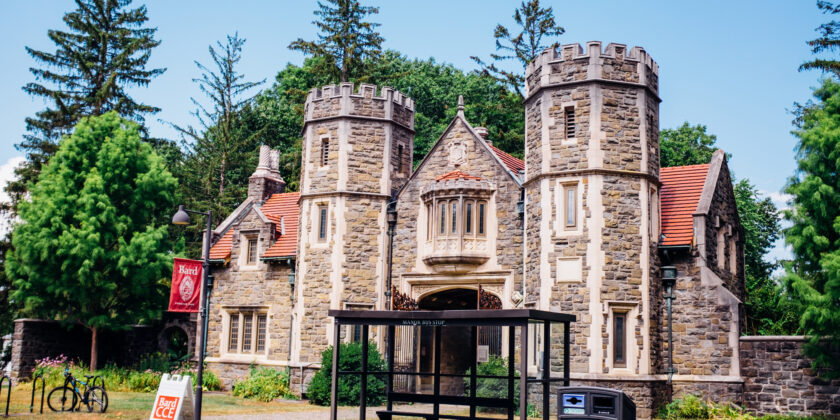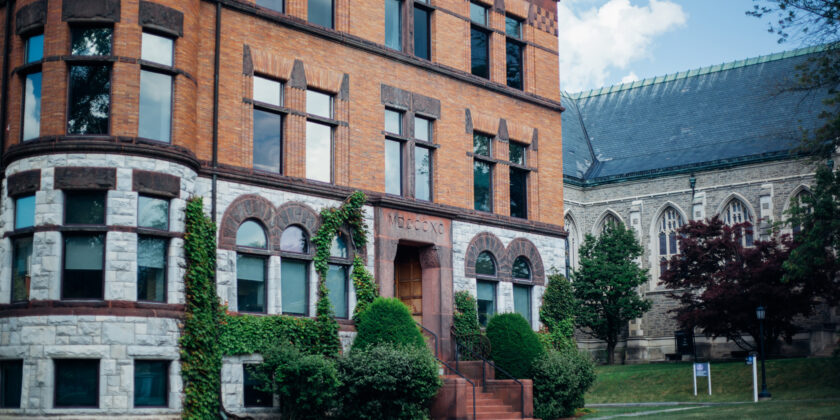Resume Magic
Yale podcast/blog: https://admissio
Michigan’s application instructions: http
Princeton’s helpful tips: https://admissio

Yale podcast/blog: https://admissio
Michigan’s application instructions: http
Princeton’s helpful tips: https://admissio

At the most selective US colleges, deferrals often end up as rejections, which is why we encourage most rejected applicants to see that decision as preferable. We hope other top colleges follow Yale’s lead on this—deferrals can be cruel!
Read more about Yale rejecting more applicants than it defers in the early round here.
*Stay in the know! Subscribe*

Although I did smirk reading the subtitle Embracing Average, I really enjoyed Alexandra Gers’ reflection in the Yale News on her application file and why Yale chose her. Anyway, what stood out to me was this:
When I flipped the page, it was kind of like being slapped in the face. “She didn’t strike me as thoughtful, introspective or determined.” Repeatedly. “I couldn’t figure out what she was passionate about.”
For high school students targeting (or preparing to target) selective colleges and universities, take note:
*Stay in the know! Subscribe*

Decisions are out, and many colleges and universities have released admit rates and final numbers for the class of 2023. Head to College Kickstart for a breakdown and comparison to last year’s numbers at some of the top tier schools in the US. As in years past, schools have seen record application numbers and admit rates are going down.
In our work with applicants, we focus on creating a list that makes sense and doesn’t leave students with an insane amount of apps to complete, or an insane amount of rejections. However, some students do not take our advice. During the last four admissions seasons, we have had multiple students apply to 15+ colleges, most in RD. We did not advise this, but my guess is against the advice of many counselors, students and parents are pressing submit on as many schools as they can. Why? Partly because of how competitive the RD round can be, and they took some risks early, and it did not work out; partly because they can afford it; partly because for some strange reason they think Hail Mary’ing it might just work out. There are probably other reasons, but these are the three we most frequently encounter.
We say this every year, but we hope families begin to realize that this approach does not work. It is a waste of time and money. What’s worse, it creates an insane amount of stress on the student and most often results in more rejections than acceptances, which make students feel terrible because it is very hard, at age 17, to comprehend that a college rejection is really not personal.
In addition to surging application numbers (thank you, Common Application!), the competition is fierce. There’s a chance the profile that might’ve gotten you into your dream school a few years ago won’t hold up in the current admissions landscape…but have hope. There are more colleges and universities in the US and abroad than the top 20-30 schools! And guess what? These schools accept a lot of students, and you might even get money from them, and you will likely be just as happy there as a top ~20 school.
It is time to think outside of the box. The landscape now requires it—even for students with perfect grades and test scores. Those things are commonplace; you need far more than numbers to get into a top tier school. And what you need is what our work with students focuses on. Students have control over a lot in this process but only if they start early to develop what will help them stand out while at the same time broadening their college-knowledge and looking carefully at schools that might not have been on their radar initially.
Another reason to have hope is there are ways to differentiate your profile that actually work. Our students engage in extended research and outreach. Beyond getting close with reps, current students, faculty, and young alumni, our students connect with schools where they are already spending time: online. Connecting with schools via social media, as well as having a strong online presence via LinkedIn, can be beneficial. We believe your digital footprint and the presence of a digital portfolio can help not hurt you in the college application process. The students who take our advice become savvy networkers with the colleges on their list, and it pays off big time.
Anyway, back to the news. Thanks always to College Kickstart for providing all of our admissions-related data needs.
*Stay in the know! Subscribe for news, tips, and advice*
The following is from a recent article about a situation this past fall at Yale that had crept back into the news and is still as mind-blowing as it was when they reported on it back in December.
Erika Christakis used (keyword here) to teach a course at Yale titled “The Concept of the Problem Child,” a discussion of child development and socialization in a historical and modern context. It was so popular she had planned extra sessions this semester to accommodate the hundreds of interested students. Then she sent and email subject line: “Dressing Yourselves” to students in the residence hall where she and her husband serve as masters. In it, she criticized a detailed memo from administrators advising sensitivity in their choice of Halloween costumes and activities. The essential point in the email was that the university’s memo infantilized the students. The term, in developmental psychology, refers to a parenting approach that uses a level of assistance and control more appropriate for much younger children; ultimately, such behavior can hinder capacities to develop independence and resilience.
Sounds logical, at least, it does to me. But what happens next is mind-boggling: An open letter denounced her views as degrading to marginalized people and garnered nearly a thousand signatures at the University, and a video of students confronting and verbally assaulting her husband went viral. What’s more, and worse, is that she will no longer be teaching at Yale.
This is just one reason kids today lack decision-making skills and resilience; this is why they are unable to accept, understand, or work through failure or setbacks; this is a problem.
“Instead of promoting the idea of college as a transition from the shelter of the family to adult autonomy and responsibility, universities like Yale have given in to the implicit notion that they should provide the equivalent of the home environment….To prepare for increased autonomy and responsibility, college needs to be a time of exploration and experimentation. This process entails “trying on” new ways of thinking about oneself both intellectually and personally, which is possible only if a certain degree of freedom is allowed. While we should provide “safe spaces” within colleges for marginalized groups, we must also make it safe for all community members to express opinions and challenge majority views. Intellectual growth and flexibility are fostered by rigorous debate and questioning.”
Get a grip, Yale, and everybody else who does not see how damaging this is. Read more here, here and here if this makes you as livid as it makes me.